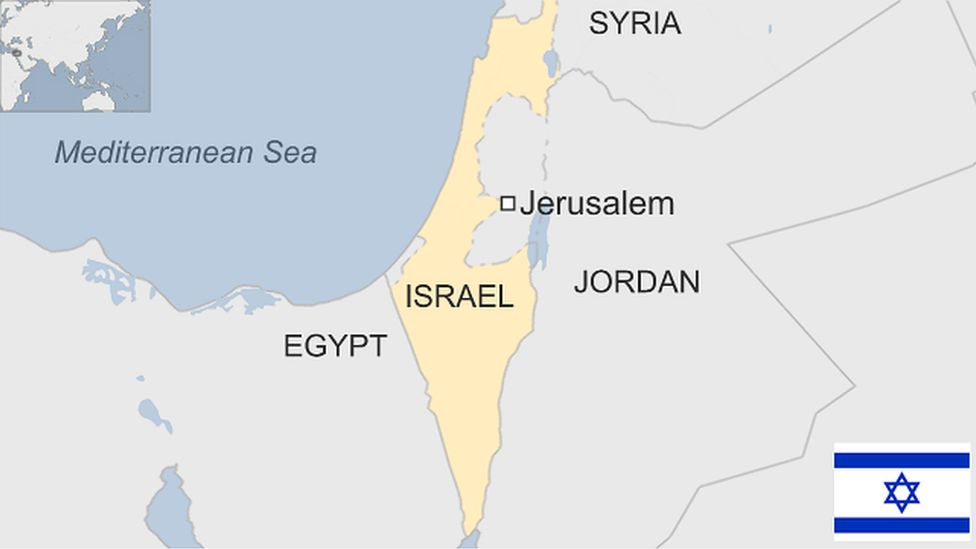Current Time in Israel: Israel Time Right Now

Israel currently observes Israel Standard Time (IST), which is two hours ahead of Coordinated Universal Time (UTC). The current time in Israel is [Current Time in Israel]. The date is [Current Date].
Time Zones in Israel
Israel uses two time zones throughout the year: Israel Standard Time (IST) and Israel Summer Time (IDT).
- Israel Standard Time (IST) is observed from the last Sunday in October to the last Friday in March. During this period, the time in Israel is UTC+2.
- Israel Summer Time (IDT) is observed from the last Friday in March to the last Sunday in October. During this period, the time in Israel is UTC+3.
The transition between IST and IDT occurs at 2:00 AM local time. During the transition to IDT, clocks are moved forward by one hour. Conversely, during the transition to IST, clocks are moved back by one hour.
Time Zones and Israel

Time zones are essential for coordinating activities across the globe, especially in a world increasingly interconnected by technology and travel. They provide a standardized way to track time and ensure consistency in communication and scheduling. Israel’s location in the Middle East, a region with a diverse array of time zones, presents unique considerations for its timekeeping system.
Israel’s Time Zone, Israel time right now
Israel’s current time zone, Israel Standard Time (IST), is three hours ahead of Coordinated Universal Time (UTC). This means that when it is 12:00 PM UTC, it is 3:00 PM IST in Israel.
Israel’s time zone is three hours ahead of Coordinated Universal Time (UTC).
Differences from Neighboring Countries
Israel’s time zone differs from those of its neighboring countries. For example, Egypt, Jordan, and Syria follow Eastern European Time (EET), which is two hours ahead of UTC. This means that Israel is one hour ahead of these countries.
Historical Reasons for Israel’s Time Zone
Israel’s current time zone has evolved over time, influenced by historical events and political considerations.
- Early 20th Century: During the British Mandate period (1920-1948), Palestine, which included the territory that is now Israel, followed Egyptian time.
- 1948: After Israel’s independence in 1948, the government decided to adopt a new time zone, shifting to a time zone that was three hours ahead of UTC. This decision was influenced by several factors, including the desire to align with the time zones of Europe and the United States, key trading partners.
- 1970s: In the 1970s, Israel adopted daylight saving time (DST), which shifts the clock forward by one hour during the summer months. This change was intended to make better use of daylight hours and reduce energy consumption.
Impact of Time Zones on Israel

Israel’s time zone, Israel Standard Time (IST), is a crucial factor in the country’s daily life, influencing various aspects from business operations to social interactions. While Israel’s location in the Middle East necessitates a unique time zone, it also presents challenges and benefits that impact the nation’s overall functioning.
Business and Trade
Israel’s time zone has a significant impact on its business and trade activities. Being two hours ahead of Coordinated Universal Time (UTC) places Israel in a unique position within the global marketplace. This time difference can create both opportunities and challenges for businesses.
- Opportunities:
- Early Market Access: Israeli businesses can reach European markets early in the day, gaining a competitive advantage in time-sensitive sectors.
- Extended Working Hours: The time difference allows Israeli businesses to collaborate with partners in Europe and Asia for extended periods.
- Challenges:
- Communication Gaps: The time difference can lead to communication difficulties and scheduling conflicts, especially with businesses in the Americas.
- Missed Deadlines: Time zone differences can result in missed deadlines or delays in international transactions.
Communication and Social Interactions
The time zone also impacts communication and social interactions within Israel and with other countries.
- International Communication: The time difference can create challenges in coordinating meetings and calls with individuals and organizations in other time zones. This can lead to scheduling difficulties and potential misunderstandings.
- Social Interactions: The time difference can make it difficult for Israelis to connect with family and friends living abroad, especially those in the Americas or Asia.
International Relations
Israel’s time zone also plays a role in its international relations.
- Diplomatic Engagements: The time difference can impact the timing of diplomatic meetings and negotiations with countries in different time zones.
- Global Partnerships: The time difference can influence the ease of collaboration and communication with international partners, impacting the effectiveness of joint ventures and projects.
Israel time right now – So, what time is it in Israel right now? You can probably guess it’s pretty late if you’re checking out the latest israel iran news. Those guys are always up to something, and the tension between them is always pretty high.
But hey, at least they’re keeping things interesting! Anyway, back to Israel time – it’s a good thing we’ve got the internet to keep us in the loop, right?
Tau, mau tau jam berapa sekarang di Israel? Nah, sambil ngecek waktu di sana, coba deh cek juga very mindful very demure tiktok yang lagi viral. Kalo lagi ngerasa suntuk, nonton video ‘mindful’ bisa bikin adem pikiran, mirip kayak suasana di Israel yang tenang.
